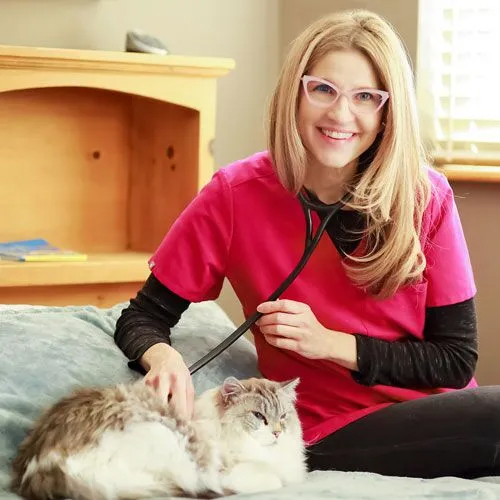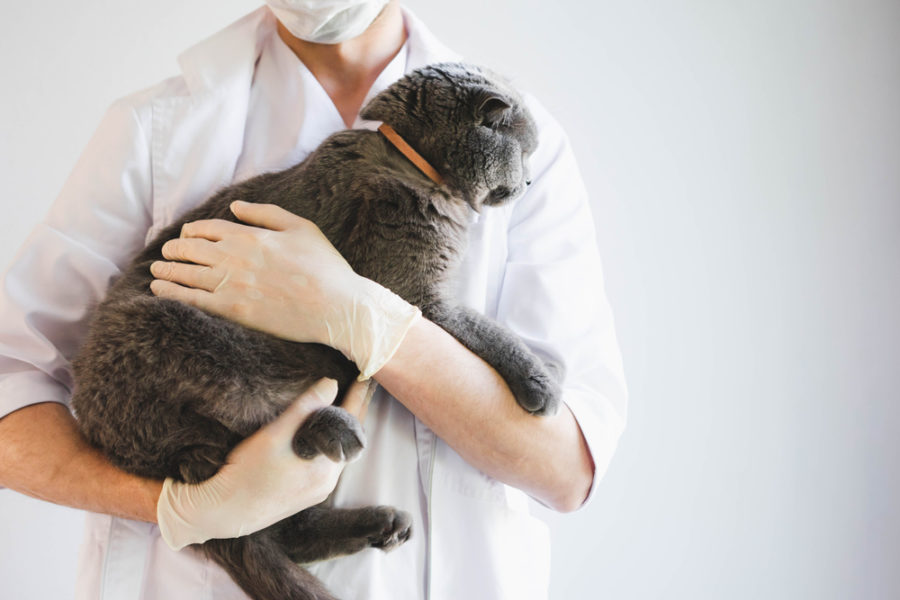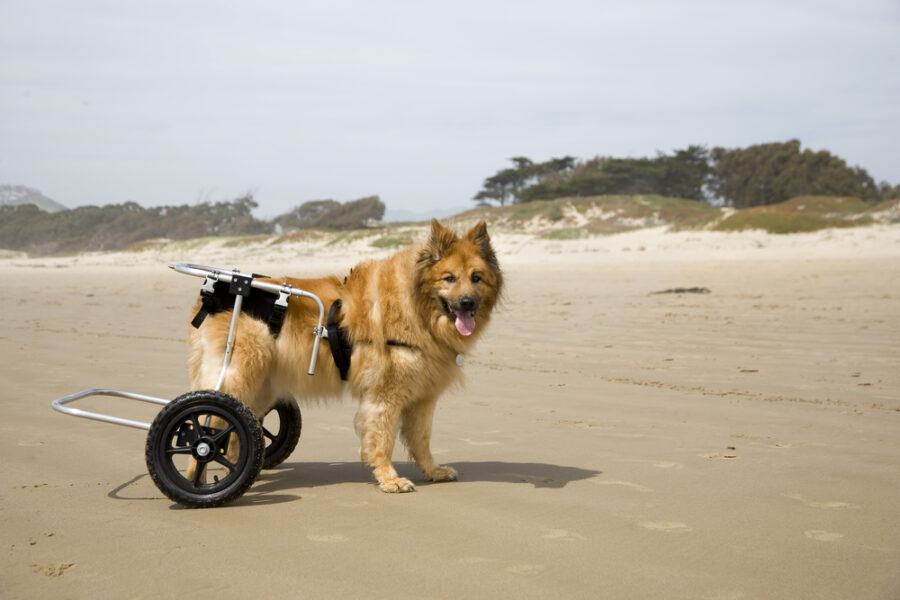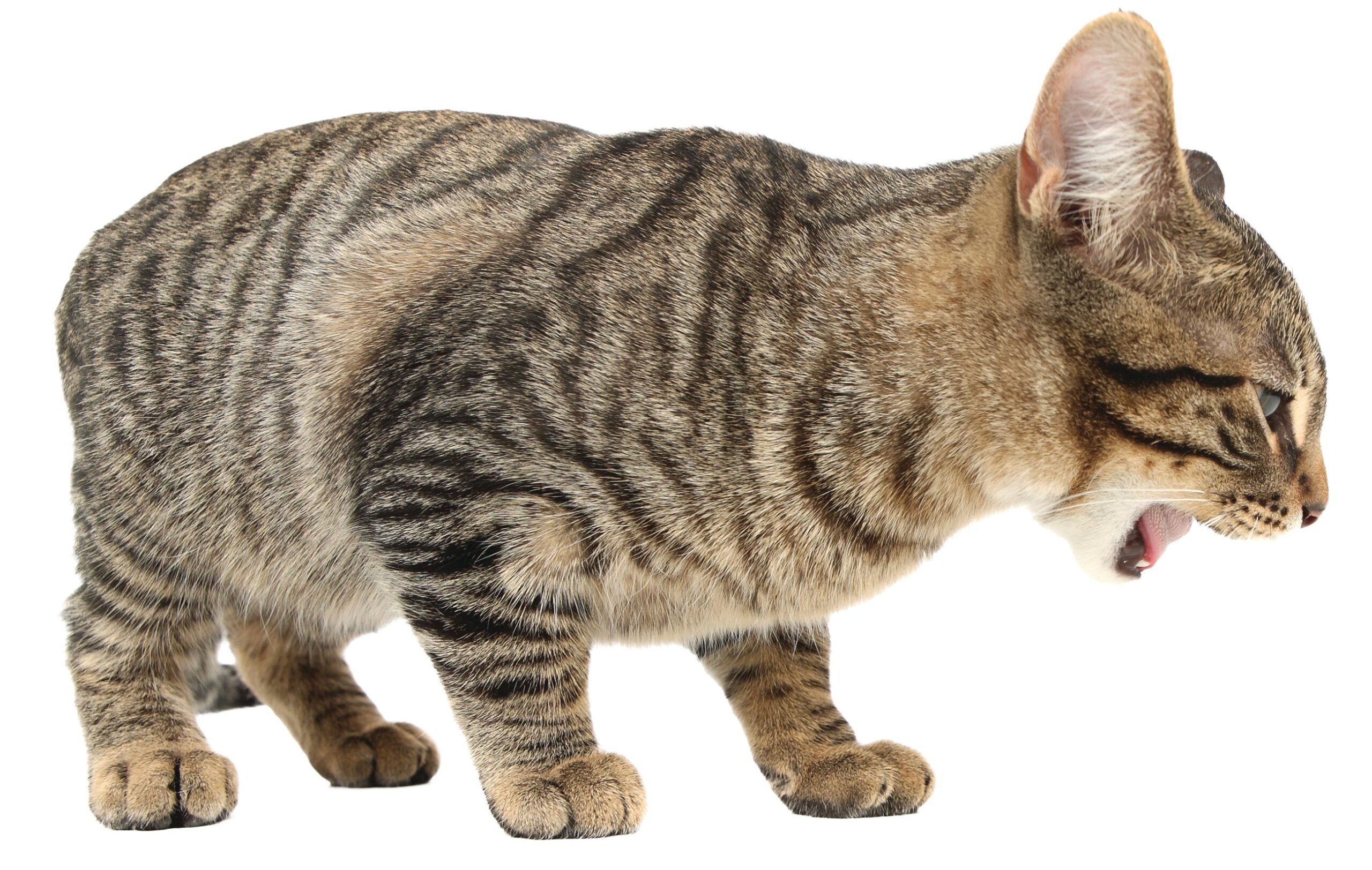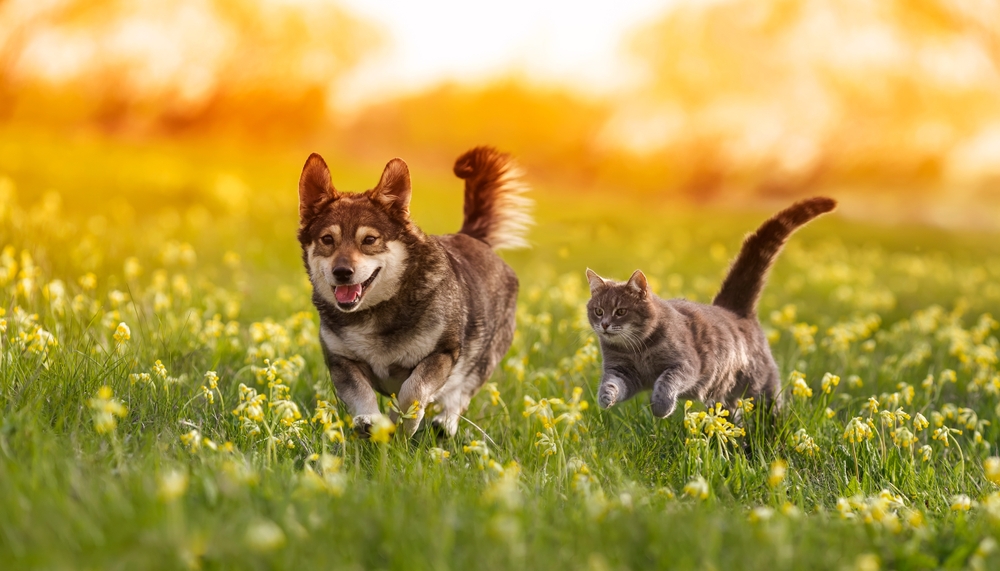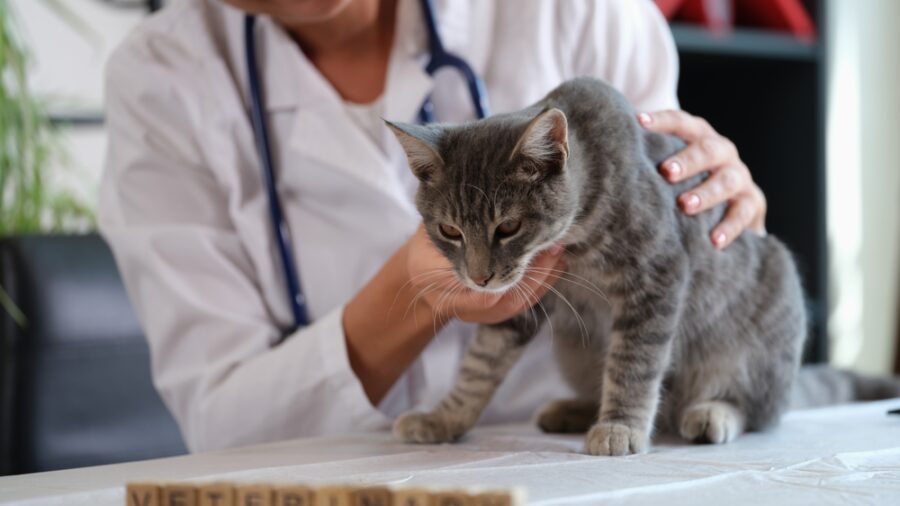Treating feline kidney disease from an integrative approach includes medications and fluid therapy as well as close attention to diet and the right supplements.
As the most common metabolic disease in cats, feline kidney disease is a regular part of a small animal practitioners daily caseload. While it most commonly affects geriatric cats over the age of 12, renal insufficiency can also affect younger felines. This article will outline an integrative approach to managing kidney disease in cats, no matter the pathogenesis and age of the patient.
Dietary considerations
This may be the most controversial and complicated aspect of treating cats with kidney disease using an integrative approach. There are many competing needs between the nutritional philosophies of cat guardians and veterinarians, data from clinical studies, and what cats find acceptable and palatable.
Prescription diets
Prescription diets formulated for cats in renal failure are lower in phosphorus and protein compared with maintenance diets. They are often higher in Omega fatty acids and fiber. While most scientific literature supports the efficacy of lowering phosphorus levels in renal diets, the degree and timing of protein restriction continues to be debated.
Species appropriate diet
Feeding a species appropriate diet is a hallmark of an integrative or holistic approach to feline health among both veterinarians and cat guardians. Cats are obligate carnivores, and most integrative practitioners will recommend feeding a balanced diet high in protein and moisture, and low in carbohydrates. Feeding a protein restricted diet is in direct opposition to this philosophy. However, increased longevity and quality of life has been proven among cats fed diets with restricted protein and phosphorus; most of these benefits are likely due to phosphorus restriction.5
Moderate approach
This author recommends taking a moderate approach to balance the nutritional philosophies of practitioners and guardians with the existing literature and available commercial diets. Client education should aid cat guardians in making decisions around therapeutic diets. Discussing the data and benefits of phosphorus restriction while acknowledging the controversy around protein restriction empowers cat guardians to make more informed decisions.
Client reluctance
Many feline guardians who have chosen a holistic or integrative approach will be reluctant to feed diets produced by major prescription food manufacturers. Further, some of the ingredients listed on labels may be unacceptable to the guardian. A market of phosphorus and moderate protein restricted diets is emerging thanks to other companies such as Blue Buffalo and Medicus. These manufacturers use ingredients that may be more attractive to cat guardians wishing to take an integrative approach. Meanwhile, many traditional prescription diet manufacturers are taking steps to improve the ingredient decks and palatability of their foods to benefit both the patient and the guardian.
No matter which diet is selected, a moisture-rich canned or pouched food is beneficial for hydration.
Supplements for kidney disease
Caution should be used when adding supplements to the food of a cat suffering from renal disease. Cats are very sensitive to the texture and flavor of their diet, and anything added to it. Cats with advanced renal disease may also suffer from anorexia and gastric disease, increasing their sensitivity to any changes in their food. Encourage cat guardians to use only supplements their cats accept, and that have the most efficacy, to avoid the risk of food aversion.
-
Rehmannia glutinosa
This herb has been used in Asian cultures to treat renal disease. In rat models, it has been shown to be renoprotective.6 One proposed mechanism for how it does this is by increasing perfusion to the kidneys. This herb can be found in several classic Chinese herbal formulas, including Ba Wei Di Huang Wan (Rehmannia Eight Combination). These formulas come in extracts and granules. Most cats tolerate small amounts of these granules in their food. This herb can also be found in an easy-to-administer supplement by Rx Vitamins for Pets (Rx Renal Feline Beadlets).
-
Omega 3 fatty acids
These are often found in higher levels in prescription renal diets. Most renal disease is inflammatory in pathogenesis, and increasing levels of an anti-inflammatory fatty acid may be beneficial. Many cats find fish oils palatable and accept them on their food.
-
Cannabidiol and other phytocannabinoids
These hemp extract compounds may be beneficial for cats with renal disease. While preliminary pharmacokinetic and safety studies are emerging, there have been no studies to investigate the anti-inflammatory effects of phytocannabinoids on feline kidneys. However, this is also the case for Omega fatty acids. CBD and other phytocannabinoids can help reduce pain and inflammation associated with arthritis and may increase a cats overall sense of well-being. While CBD isolates have been proven safe for long term use in cats, the author finds most cats show a positive clinical response at 0.5-1 mg/kg CBD twice daily, given with food.7
Treating complications of kidney disease
Hypertension
Secondary hypertension is often overlooked by practitioners after the diagnosis of kidney disease has been established. A small study reported that 17 of 26 cats with glomerular disease also had systemic hypertension.1 Unfortunately, most cats with hypertension are asymptomatic until the disease state progresses to retinal detachment and acute vision loss. Untreated hypertension may worsen the progression of kidney disease.3
After feline patients have been diagnosed with kidney disease of any stage, it is imperative to monitor blood pressure every six months. If hypertension is detected, immediate treatment and control can help slow the progression of kidney disease and maintain the patients quality of life. Amlodipine is the most commonly used calcium channel blocker to treat cats with hypertension. A starting dose of 0.625 mg once daily can be increased to twice daily if blood pressure is not lowered adequately. Some cats will require 1.25 mg twice daily to gain control of the hypertension. A new angiotensin II receptor blocker, Telmisartan, has shown promise in effectively treating cats with hypertension.5
Bacterial urinary tract infections
While bacterial infections of the urinary tract are uncommon in cats, the presence of kidney disease increases susceptibility to these ascending infections. While urinalysis is usually an accurate tool to screen for bacterial cystitis, it becomes less useful as cats lose their ability to concentrate urine. Sudden increases in creatinine, along with clinical signs of pyelonephritis, should warrant further investigation with ultrasound and possible empirical treatment of infection.
Hyperphosphatemia
The kidneys are the primary route for phosphorus excretion, and as renal function declines, serum phosphorus levels rise. Increased serum phosphorus levels cause cats to feel poorly, and may hasten the progression of renal disease by many mechanisms. Several studies have shown that rising phosphorus levels are correlated with an increased risk of death.2,4
For severe hyperphosphatemia, IV fluid therapy should be used to rapidly lower serum phosphorus levels. Phosphorus restricted diets should be considered as a first line therapy for a mild increase in serum phosphorus levels. For patients that refuse low phosphorus diets, or have moderate to severe increases in serum phosphorus, binders such as aluminum hydroxide should be added to meals. Sevelamer hydrochloride, lanthanum carbonate, and calcium acetate are phosphorus binders that could also be considered.
Hypokalemia
Low serum potassium can occur in cats with renal failure due to low appetite, cellular translocation secondary to acidosis, and urinary or fecal loss. Supplementing with potassium gluconate or citrate is an easy and straightforward way to combat these losses.5
A dynamic and individualized therapeutic plan for managing renal disease in cats is imperative. This creates maximum benefits for the patient. Therapies consistent with the guardians philosophical views on health may lead to a higher level of compliance. Protocols must also be accepted by the feline patient for optimal outcomes.
__________________________________________________________________
1Rayhel LH, Quimby JM, Cianciolo RE, et al: Clinicopathologic and pathologic characteristics of feline proteinuric kidney disease. J Feline Med Surg. 2020 Vol 22 (12) pp. 1219-1229.
2Chew D: Artificial Intelligence Takes the Surprise Out of Chronic Kidney Disease. AAFP 2019
3Grauer GF: Protein-Losing Nephropathy. Western Veterinary Conference Proceedings 2005.
4Boyd LM, Langston C, Thompson K, et al: Survival in cats with naturally occurring chronic kidney disease (2000-2002). J Vet Intern Med 2008 Vol 22 (5) pp. 1111-17.
5Acierno MJ, Brown S, Coleman AE, et al: ACVIM consensus statement: Guidelines for the identification, evaluation, and management of systemic hypertension in dogs and cats. J Vet Intern Med 2018 Vol 32 (6) pp. 1803-22.
6Lee BC, Choi JB, Cho HJ, Kim YS. Rehmannia glutinosa ameliorates the progressive renal failure induced by 5/6 nephrectomy. J Ethnopharmacol. 2009 Feb 25;122(1):131-5.
7Coltherd JC, Bednall R, Bakke AM, Ellerby Z, Newman C, Watson P, Logan DW, Holcombe LJ. Healthy cats tolerate long-term daily feeding of Cannabidiol. Front Vet Sci. 2024 Jan 24;10:1324622.

